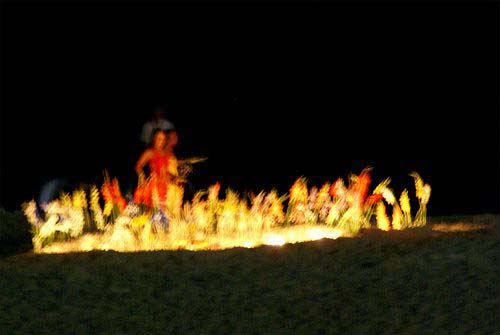
Jungian Therapy & the Second Half of Life, 2: Desire
We tend to think that desire declines in the second half of life, but Jungian therapy challenges us as to whether that is really true. As life goes on, there are actually some things that we yearn for with greater and greater intensity, and they may well have…









